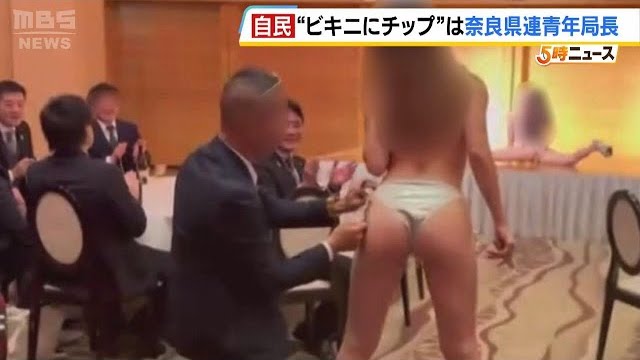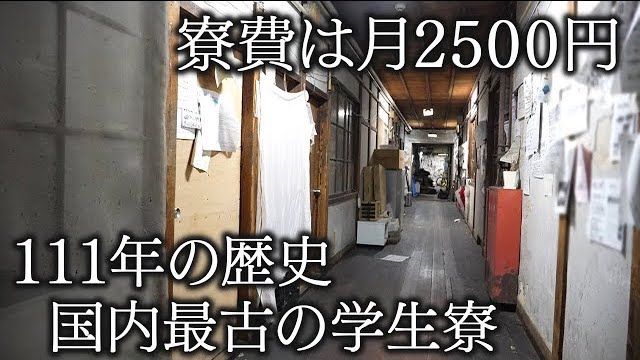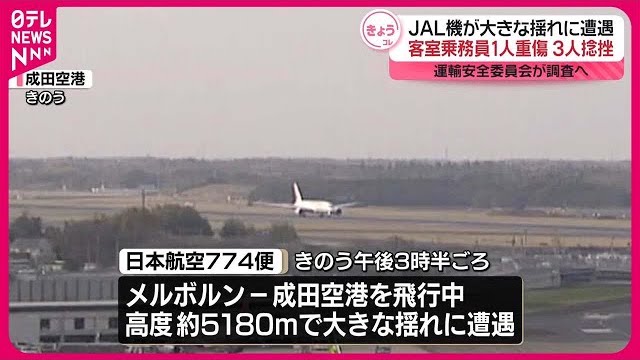On a chilly, wet Saturday in November, I made my way over to Senzoku Gakuen, a renowned private all-girls junior and senior high school located almost equal distance between Tokyo and Yokohama. I had been invited to assist at a college fair sponsored by the school together with a nonprofit that does these things — the U.S. College Alumni Network of Japan (USCANJ).
Hundreds of Senzoku students preened in their noble Dartmouth green blazers and sweaters filed into the school’s impressive daikÅdÅ, or grand auditorium, where the privileged youths joined students from nearby schools and interested parents for four hours of presentations and panel discussions by polished alums promoting their elite alma matres.
The Princeton rep powered up his PowerPoint by pointing out that his university had been at the top of the U.S. News and World Report rankings for umpteen consecutive years. Another rep talked about his decision to choose Middlebury College in Vermont over the University of Tokyo. Graduates of Bryn Mawr College in Pennsylvania discussed the leadership opportunities accorded women in an all-female environment.
However, the elephant in the room — the omnipresent hindrance hardly given any attention during the entire event — was money. How much is all this going to cost? How can these expenses be managed?
Too costly, too much hassle
Many readers might think that parents who can afford to send their children to Senzoku or one of its private counterparts can easily manage the costs of an overseas college. However, if you dig deeper you discover that not many Japanese high school students are matriculating to multi-year undergraduate programs at universities outside Japan. In fact, only three of Senzoku’s nearly 250 graduates took the challenge in 2017, and an enlightening new study reveals that cost is the primary reason why most students throughout Japan are deciding to stay put.
The study was conducted by Christina Nikitin, a dual Japanese-Russian national raised and educated inside Japan and currently in her first year at Stanford University. As a student researcher at Tokyo Academics last summer, Nikitin administered detailed surveys to nearly 50 Japanese students who had seriously considered attending four-year colleges overseas but ended up enrolling instead at Japanese universities, mostly Tokyo, Waseda, Keio and Sophia. The respondents had an average TOEFL iBT (Test of English as a Foreign Language Internet-based Test) score of 99 (80th percentile), and 65 percent had previously lived overseas for more than a year. They had graduated from public and private schools all over Japan, and those who had taken the SAT averaged in the 92nd percentile — i.e., they had scored higher than 92 percent of all test-takers.
Respondents submitting applications overseas had been accepted at many fine schools, including Chicago, Johns Hopkins, Brown, Cornell, Williams, Bowdoin, Smith and Bard (all in the U.S.), King’s College London and Yale NUS (Singapore).
Students who chose not to submit any applications to overseas schools cited being chiefly influenced by cost. A lack of information and worries over English ability were the two influences that followed.
Those who did apply overseas but decided to stay in Japan were also primarily persuaded by cost. For this data set, the two influences that followed financial worries raised some eyebrows: 1) comparison of the overseas universities offering admission with the Japanese universities doing the same, and 2) recognition/acceptance of the overseas schools by those in Japanese society (e.g., in employment, social settings, etc.).
A number of respondents sat for personal interviews with Nikitin and stressed the extensive lead time — often more than a year — usually required to prepare for the extensive application process. According to Neil Nguyen-Huu, the founder of Tokyo Academics: “It’s like taking on an additional full-time job. A few schools are staffed with admissions counselors or others who can serve as a student’s advocate, but many kids find themselves flying solo — facing reams of research, scores of sample tests and heaps of essays, not to mention a need for continuing excellence in coursework, projects and activities. Moreover, many of these kids find that they need to convince their own stakeholders that overseas study is a wise direction.â€










